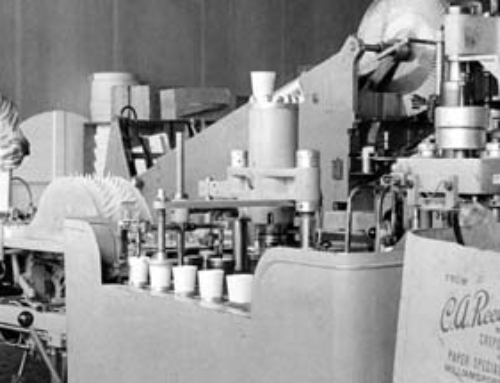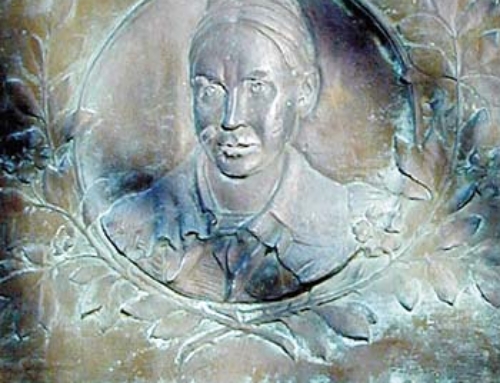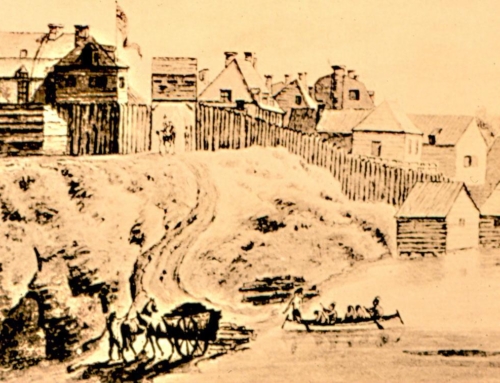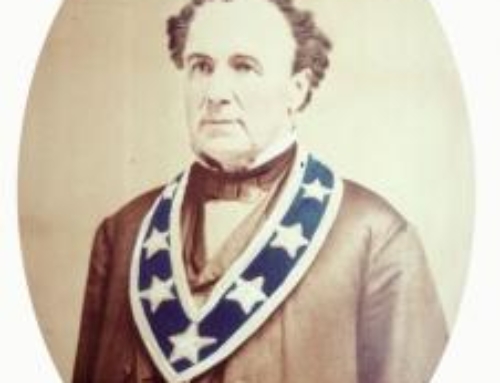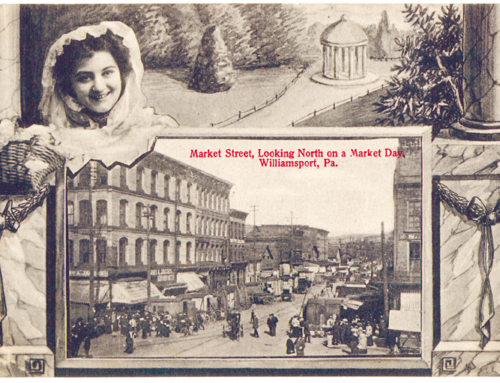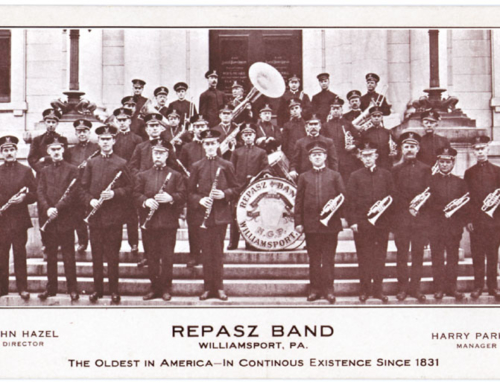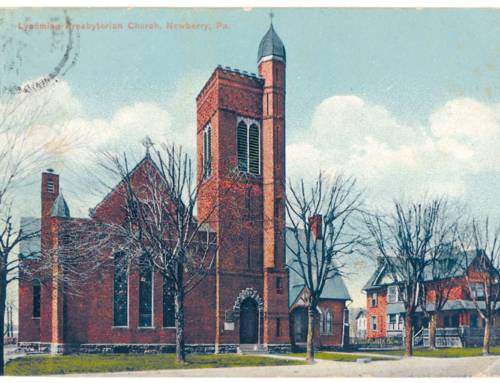From Indentured Servitude to City Founder
American history is filled with rags-to-riches stories of great achievers and great personages, and local history is no exception. Michael Ross, the reputed founder of the City of Williamsport, is one of those stories.
Ross was born July 12, 1759, according to an article by Craig Weaver in the Lycoming County Historical Society Journal (Spring 1977).
He was of Scottish origin, although it is unclear where he was born. He and his mother came to Philadelphia probably in 1772, and that year, the two became indentured servants to land-speculator Samuel Wallis. Wallis brought them to his estate near Muncy.
During his servitude, Ross became a surveyor’s assistant, a skill that would serve him well in his later life. He remained in indentured servitude until the summer of 1779. He must have made a favorable impression on Wallis during his period of servitude because, at the conclusion of it, Wallis gave him a favorable recommendation and 109 acres of land.
Ross became a successful surveyor and also farmed on a large scale. He started to acquire various tracts of land and added to his acquisitions until he owned plots on both sides of the Susquehanna River. Among his holdings was the area that was to become the center-city area of Williamsport.
In 1793, Ross bought 285 acres of land that was known as “Virginia,” using the practice of that time in which tracts of land were named, from William Winter. It was that tract of land that later became present-day downtown Williamsport. John Meginness writes in his “History of Lycoming County” (1892), “The original plot of land was a rectangular figure containing 111 acres and divided into 302 lots with streets and alleys crossing each other at right angles.”
Ross set aside some of the plots for public use, such as for a courthouse and jail, at the behest of William Hepburn. That was a strategic step in the decision to locate the county seat in the newly erected Lycoming County in 1796.
Thomas Lloyd’s “History of Lycoming County” notes that Ross sold the first lots in what would become Williamsport on July 4, 1796. The decision on locating a county seat would be critical in determining the fate of the town that would become Williamsport. The process would be a very bitter and controversial one in which some may have resorted to chicanery.
On the western side of Lycoming Creek, within the southern part of the present boundaries of Newberry, was the area known as “Jaysburg,” named for U.S. Supreme Court Chief Justice John Jay. The leaders of that community believed the new county seat should be there because there already were some buildings.
It was the closest thing to a village west of Muncy. Another community, Dunnstown, located within the confines of the present-day Clinton County, also vied for the county seat. Williamsport ultimately would gain the honor through a combination of political influence and trickery.
State Sen. William Hepburn, later to be the first president judge of Lycoming County, was a large landowner in the territory that became Williamsport.
He had great personal interest in seeing that Williamsport became the county seat. He joined forces with Ross in obtaining the county seat for Williamsport by bringing all of his considerable influence to bear on the commissioners who would make the selection. There were even whisperings of bribery.
The prominent men of Jaysburg did not sit idly by.
According to Meginness, they claimed that their town was more suitably located on higher and dryer ground. They went as far as sending a messenger to Northumberland to obtain an affidavit from a man who would assert that the area that Williamsport was to be laid out in was lowland subject to flooding. Subsequent history has proven that assertion.
The Hepburn-Ross group was alarmed by the potential harm that the affidavit would produce. When the messenger who obtained the affidavit returned, he stopped at the Russell Inn, which stood at the corner of the present-day East Third and Mulberry streets. They plied the messenger with liquor and got him drunk, stole his saddlebags and took the damaging affidavit and destroyed or concealed it. The damaging information never reached the commissioners, and Williamsport was made the county seat.
Ross figures prominently in the naming of the City of Williamsport. Various contentions have been made about the origin of the name Williamsport. Some assert that it was named for William Hepburn.
Others assert that it was named for a surveyor friend of Ross by the name of Joseph Williams.
The strongest claim seems to be that Ross named the town for his beloved son, William.
A leather-bound book at the Lycoming County Historical Museum contains a page with the entry, “I name the borough of Williamsport for my son William, born on Jan. 22, 1795.”
Ross can best be summed up by these words written by Thomas Lloyd: “His leading characteristic seems to be a far-seeing and well-balanced business capacity, business ambition, public spirit and unbounded energy.”
Ross died June 20, 1819. He originally was interred at the old Pine Street burial ground on the site of old City Hall. He was interred again at the Williamsport Cemetery on Washington Boulevard.
By Lou Hunsinger Jr., Williamsport Sun-Gazette


